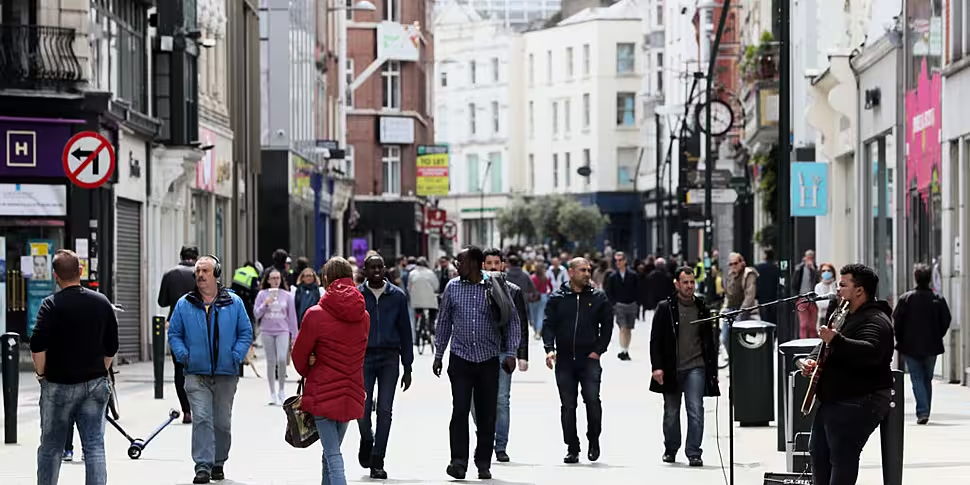A World Health Organisation Special Envoy on COVID-19 has said we have to learn to “get on with life” as we continue to fight the virus.
The WHO yesterday warned that there is "no silver bullet” when it comes to tackling the virus and said that while there is hope for a vaccine, one may never be found.
In Ireland meanwhile, Cabinet is preparing to decide whether Stage Four of the roadmap for reopening can go ahead next Monday.
Ministers will decide whether ‘wet’ pubs can reopen for the first time since March and whether limits on outdoor gatherings should be relaxed.
On Newstalk Breakfast, WHO Special Envoy Dr David Nabarro said countries must get their economies and services up and running in a safe manner.
“We have to,” he said. “We have to find the best ways to get the economy working; services opening and our social lives recovering while, at the same time, we put the defences in place to keep this virus in its box as I put it.
“If we can do this, picking up the little spikes early and then dealing with the surges robustly, we can get on with life despite the horrible virus that is stalking us.”
Virus response
He said future outbreaks must be dealt with at a local level - without the need for national lockdowns.
“There will be outbreaks and that is unavoidable,” he said. “They will appear quite unexpectedly – after a wedding reception or from what has been happening at a particular factory and to be able to pick this outbreak up quickly and respond to them robustly is the key.
“That doesn’t mean complete national lockdowns. It doesn’t even mean lockdowns locally but it does mean having enough localised information and organised actors, particularly public health people, to be able to do whatever is necessary to stop the outbreak.
“There may be some movement restrictions, there may be temporary closures of schools or factories but it must be kept as short as possible.”
Shut-downs
He said local outbreaks will see nearby pubs and schools shutting down until things are brought back under control.
“You can’t open pubs in an area where you have a surge occurring,” he said. “So, what you have to be able to do is say to people in that area, hang on a bit, keep your pubs closed or at least do minimal activities such as takeaway meals and so on until we have dealt with the surge.
“It may have to be the same with schools. In communities where you have a surge of transmission, the school may have to actually ask pupils to stay at home. It will be immensely irritating for parents and disturbing for the pupils but that will be part of the future – really being careful about what is happening in the community.”
You can listen back to the full interview here:









